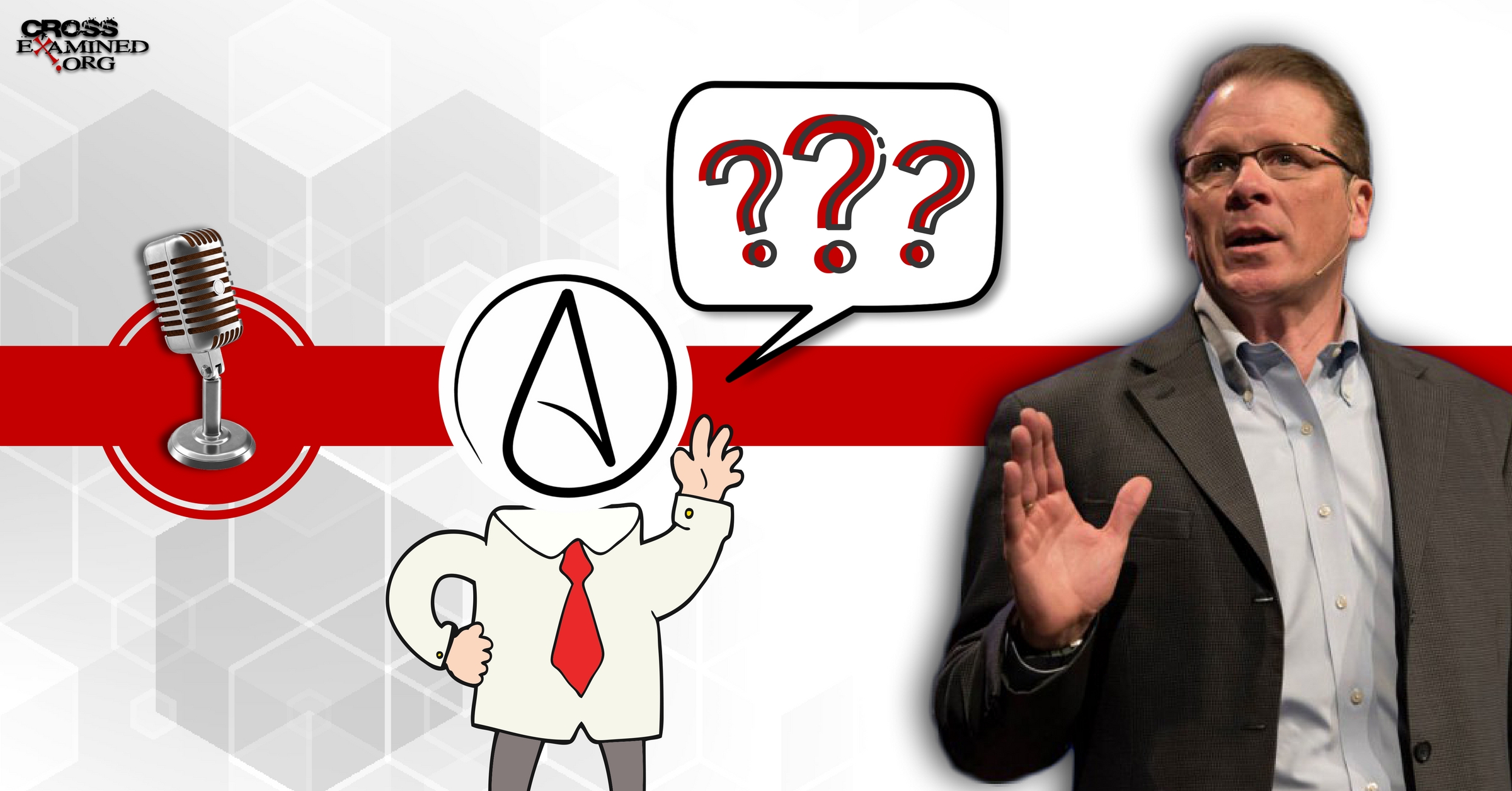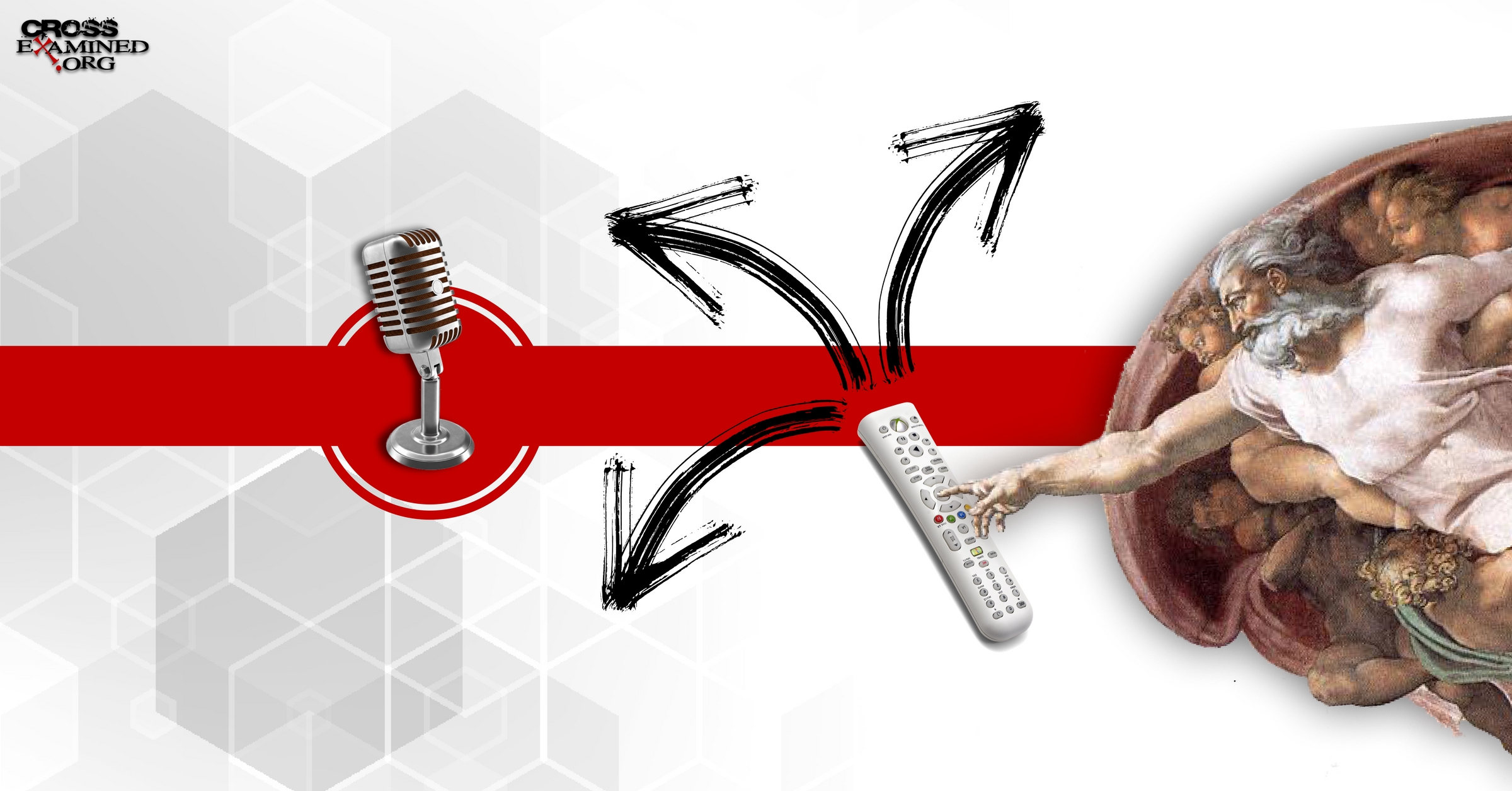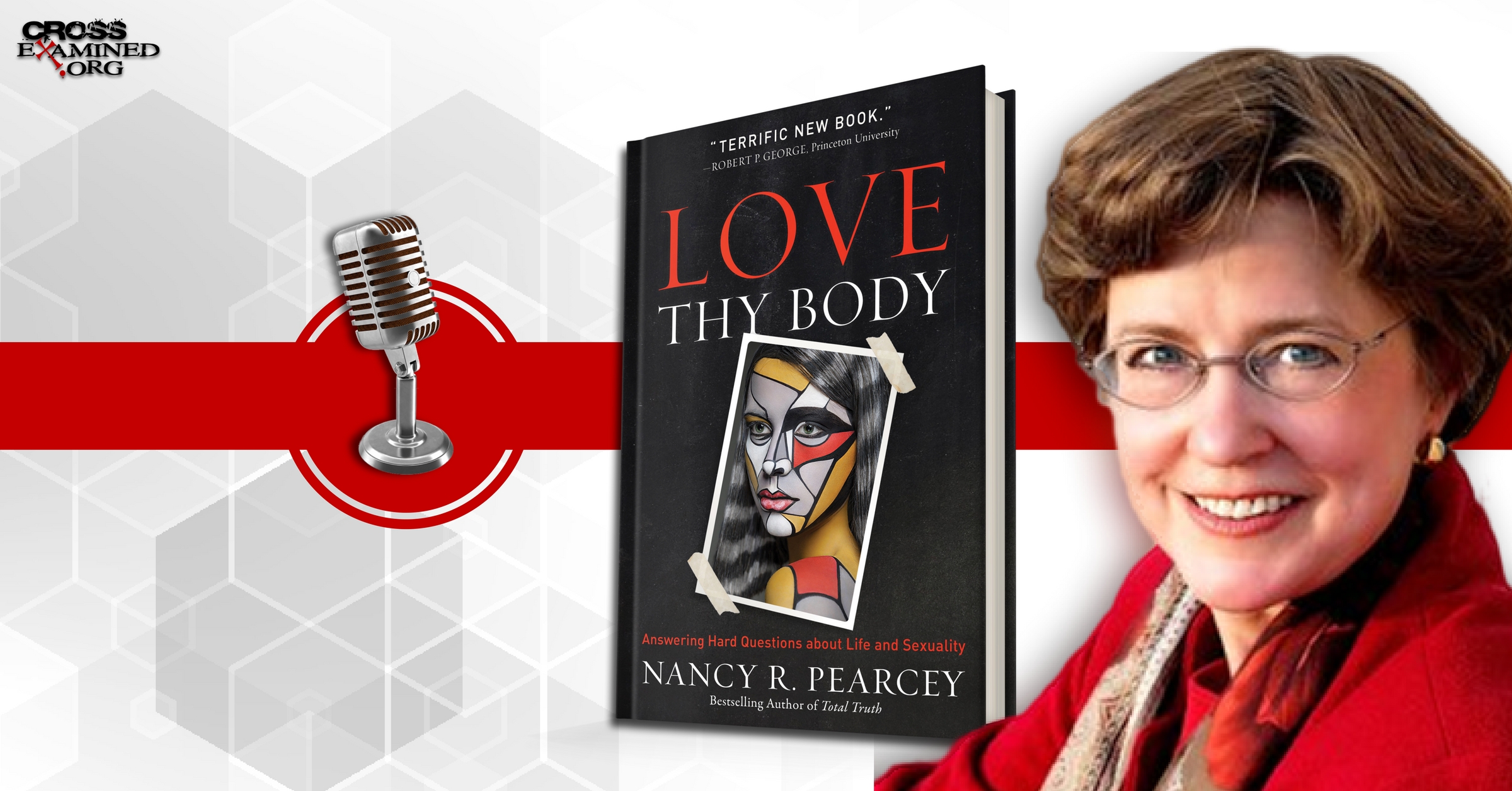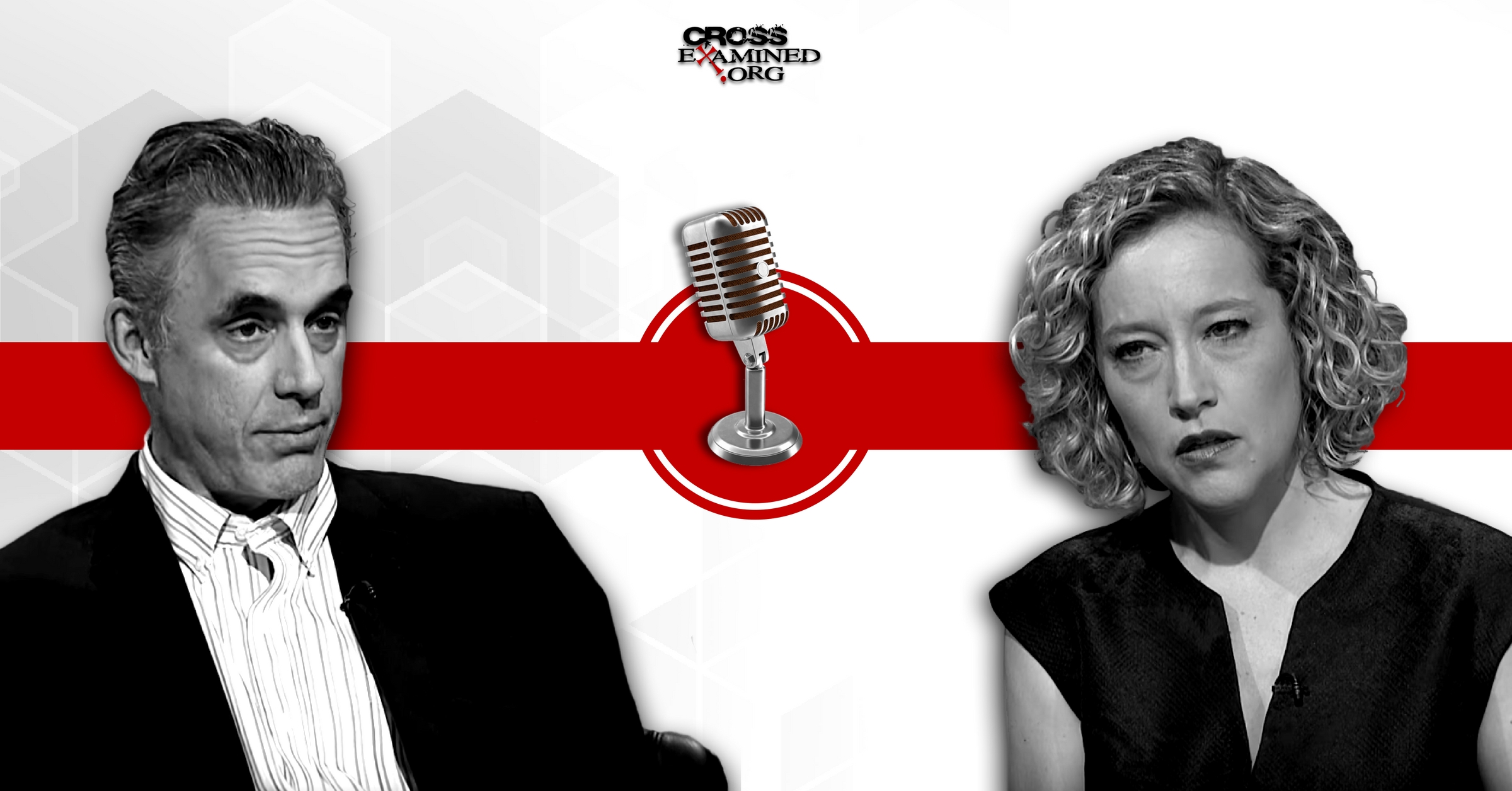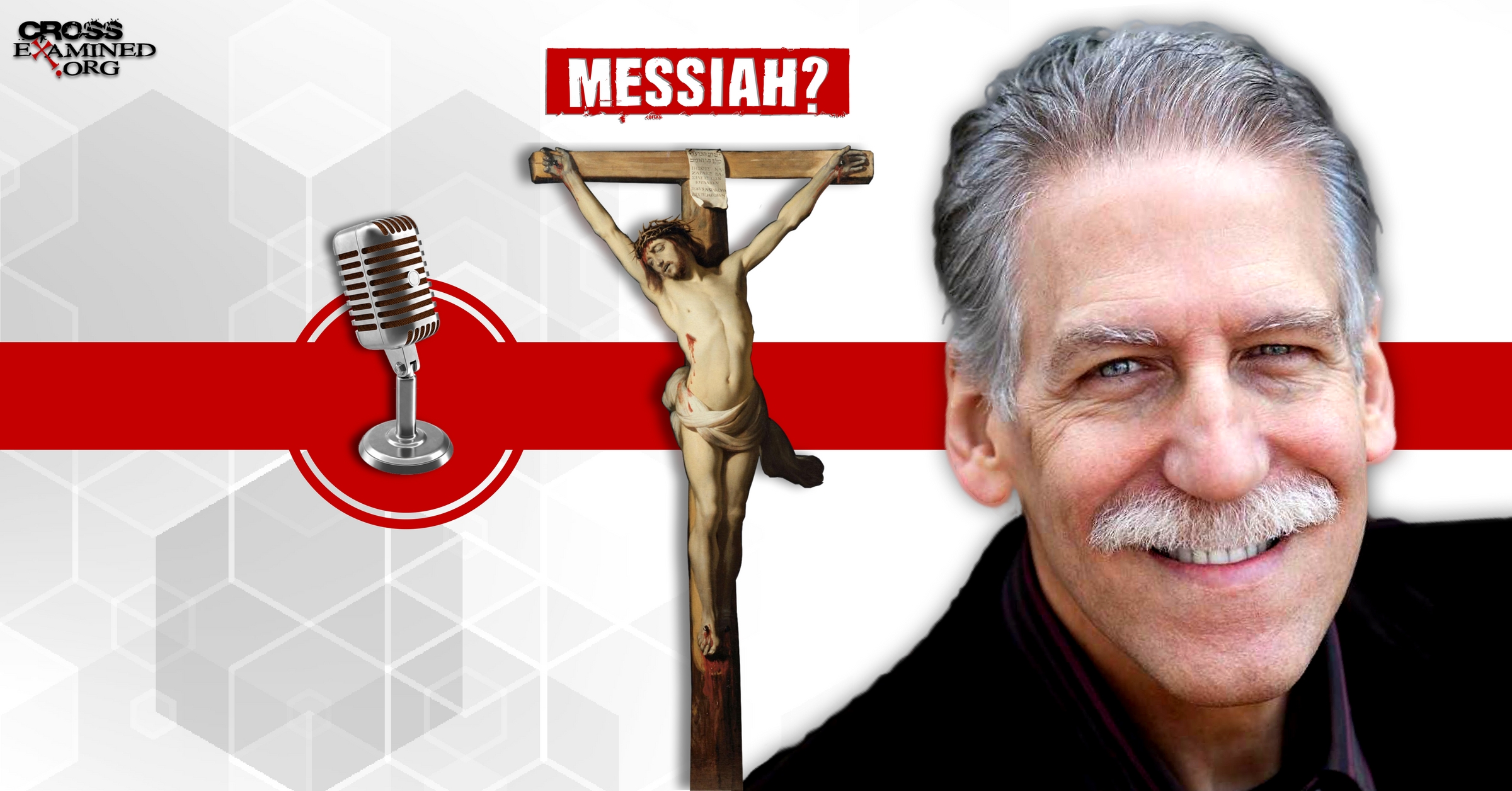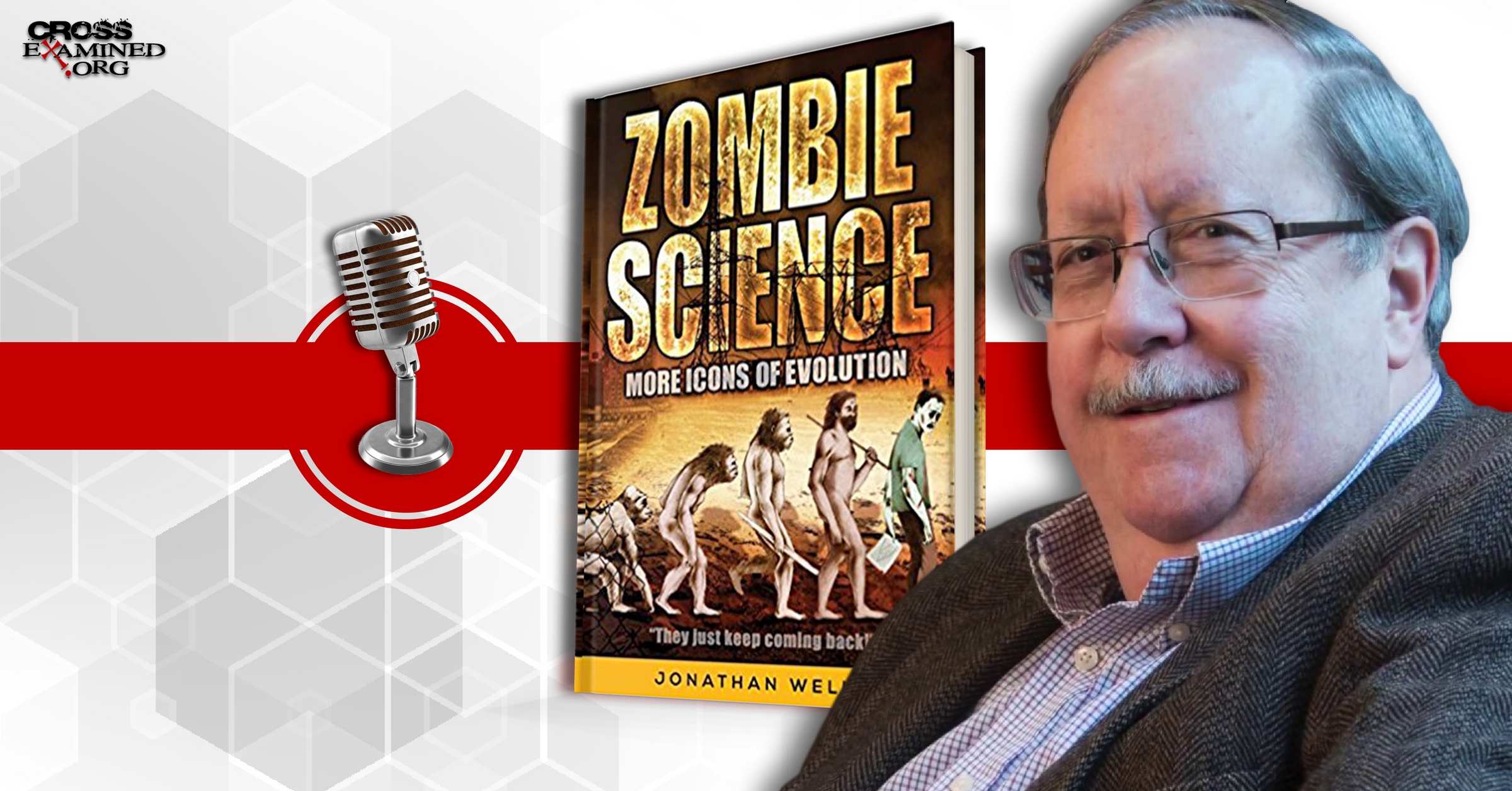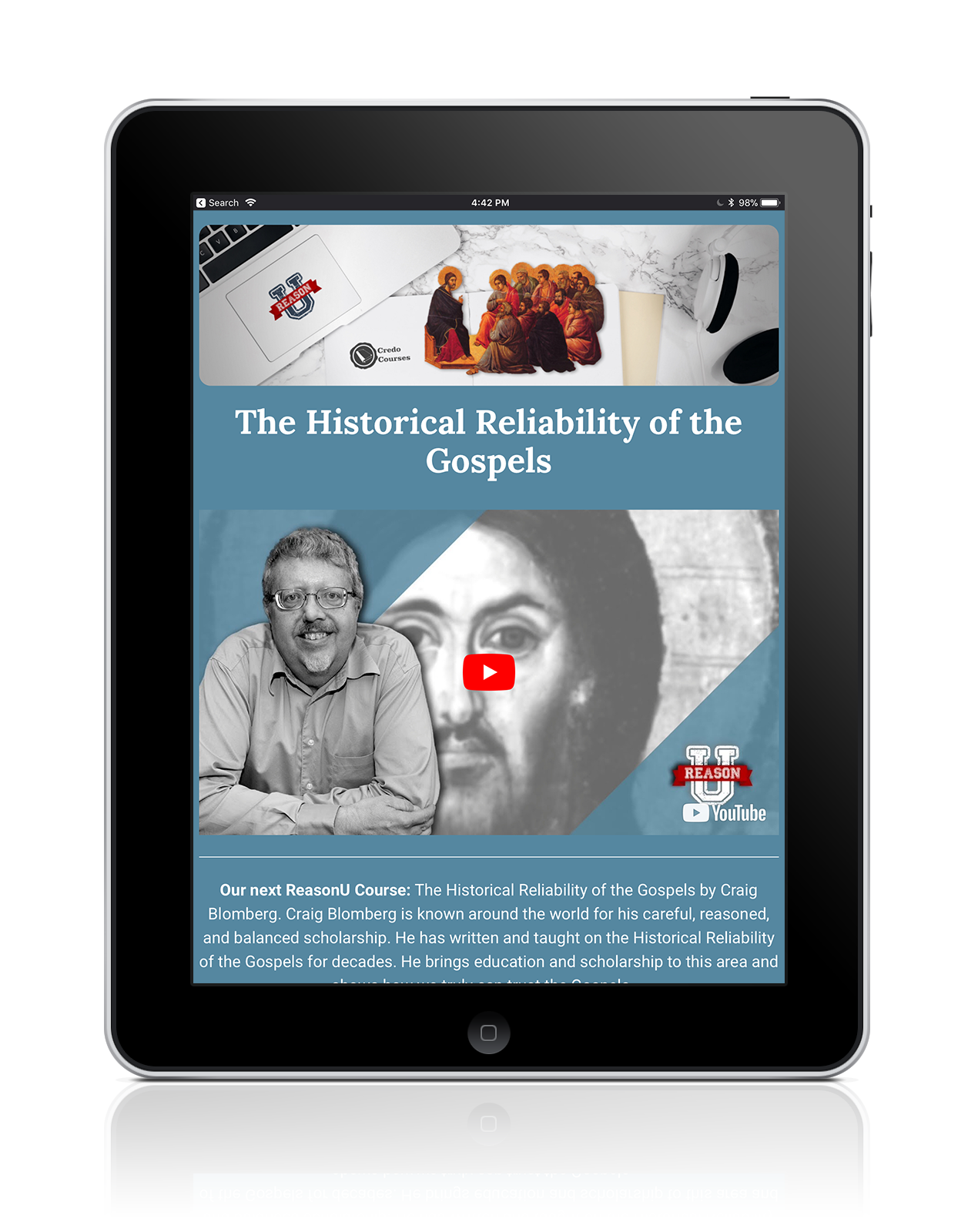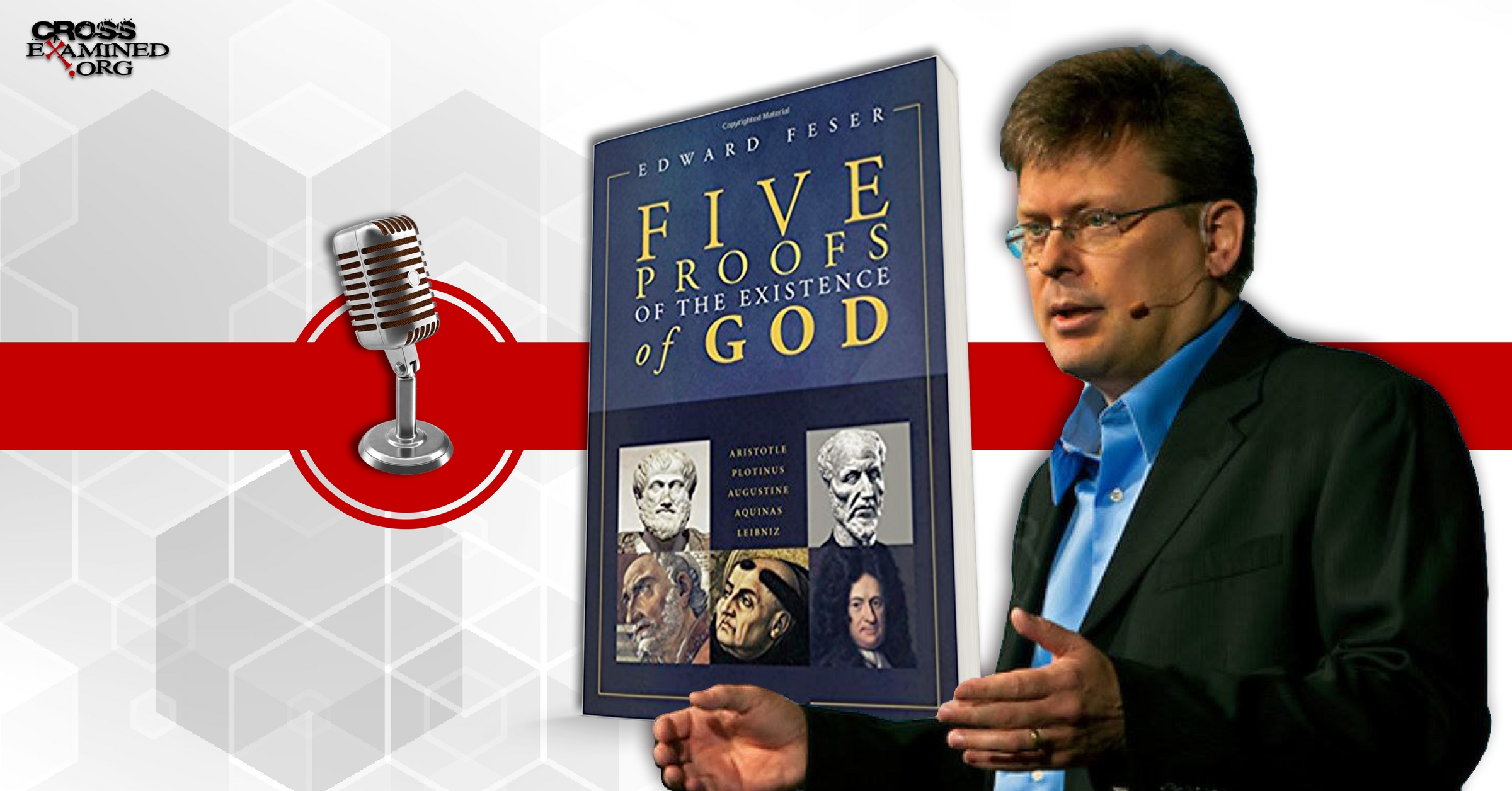You can’t put honesty in a test tube.
“Science” doesn’t say anything—scientists do.
Those are a couple of the illuminating conclusions we can draw from the global warming e-mail scandal.
“You mean science is not objective?” No, unless the scientists are, and too often they are not. I don’t want to impugn all scientists, but it is true that some of them are less than honest. Sometimes they lie to get or keep their jobs. Sometimes they lie to get grant money. Sometimes they lie to further their political beliefs. Sometimes they don’t intentionally lie, but they draw bad scientific conclusions because they only look for what they hope to find.
Misbehavior by scientists is more prevalent than you might think. A survey conducted by University of Minnesota researchers found that 33% of scientists admitted to engaging in some kind of research misbehavior, including more than 20% of mid-career scientists who admitted to “changing the design, methodology or results of a study in response to pressure from a funding source.” Think of how many more have done this but refuse to admit it! (The researchers said as much in their findings.)
Outright lies and deception certainly seem to be the case with “Climate-gate.” The exposed e-mails reveal cherry-picking; manipulating data; working behind the scenes to censor dissenting views; doubting what the measurements say because they don’t fit their pre-determined conclusion. Matt Drudge headlined this yesterday as the “Greatest scandal in modern science.”
I actually think there is another great scientific scandal, but its misrepresentations are not quite as obvious. In this scandal, instead of outright lies, scientific conclusions are smuggled in as philosophical presuppositions. Such is the case with the controversy over the origin of life and new life forms. Did natural forces working on non-living chemicals cause life, or is life the result of the intelligent activity? Did new life forms evolve from lower life forms by natural forces or was intelligence needed?
Dr. Stephen Meyer has written a fabulous new best-selling book addressing those questions called Signature in the Cell. Having earned his Ph.D. from the University of Cambridge in the philosophy of science, Dr. Meyer is at the top of the science food chain. In our August 8th radio interview, he told me he’s been working on his 600+ page book—which isn’t short of technical detail—for more than a decade.
What qualifies a man who has a Ph. D. in the “philosophy of science” to write on the origin of life or macroevolution? Everything. What some scientists and many in the general public fail to understand is that science cannot be done without philosophy. All data must be interpreted. And much of the debate between Intelligent Design proponents (like Dr. Meyer) and the Darwinists (like Oxford Professor Richard Dawkins) is not a debate over evidence—everyone is looking at the same evidence. It’s a debate over philosophy. It’s a debate over what causes will be considered possible before we look at the evidence.
Scientists look for causes, and logically, there are only two possible types of causes—intelligent causes or non-intelligent causes (i.e. natural causes). A natural cause can explain a geologic wonder like the Grand Canyon, but only an intelligent cause can explain a geologic wonder like the faces of the presidents on Mount Rushmore. Likewise, natural laws can explain why ink adheres to the paper in Dr. Meyer’s book, but only an intelligent cause can explain the information in that book (i.e. Dr. Meyer!).
How does this apply to the question of the origin of life? Long after Darwin, we discovered that “simple” single-celled life is comprised of massive volumes of DNA information called specified complexity—in everyday terms, a complicated software program or a really long message. Richard Dawkins admits that the information content of the “unjustly called ‘primitive’ amoeba” would fill 1,000 volumes of an encyclopedia!
What’s the cause of this? Here’s where the philosophy comes in. Dr. Meyer is open to both types of causes. Richard Dawkins is not. Dr. Meyer’s book explains why natural forces do not appear to have the capacity to do the job, only intelligence does. However, Dawkins and his Darwinist cohorts philosophically rule out intelligent causes before they look at the evidence. So no matter how much the evidence they discover points to intelligence (as a long message surely does), they will always conclude it had to be some kind of natural cause. In other words, their conclusion is the result of their philosophical presupposition.
While Dawkins has no viable natural explanation for life or the message contained therein, he says he knows it cannot be intelligence. That philosophical presupposition leads to what appears to be an unbelievable conclusion: To believe that 1,000 volumes of an encyclopedia resulted from blind natural forces is like believing that the Library of Congress resulted from an explosion in a printing shop. I don’t have enough faith to believe that.
“This is a ‘God of the gaps’ argument!” Dawkins might protest. No it isn’t. We don’t just lack a natural explanation for “simple” life—1,000 encyclopedias worth of information is positive empirically verifiable evidence for an intelligence cause. Consider the cause of the book The God Delusion by Richard Dawkins, for example. It’s not merely that we lack a natural explanation for the book (of course we know that the laws of ink and paper couldn’t have written the book). It’s also the fact that we know that messages only come from minds. Therefore, we rightly posit an intelligent author, not a blind natural process.
Why is it so hard for Dawkins and other Darwinists to see this? Maybe they refuse to see it. Maybe, like global warming “scientists,” they have their own political or moral reasons for denying the obvious. Or maybe they’ve never realized that you cannot do science without philosophy. As Einstein said, “The man of science is a poor philosopher.” And poor philosophers of science may often arrive at false scientific conclusions. That’s because science doesn’t say anything—scientists do.
This column appeared on Townhall.com on November 25.

